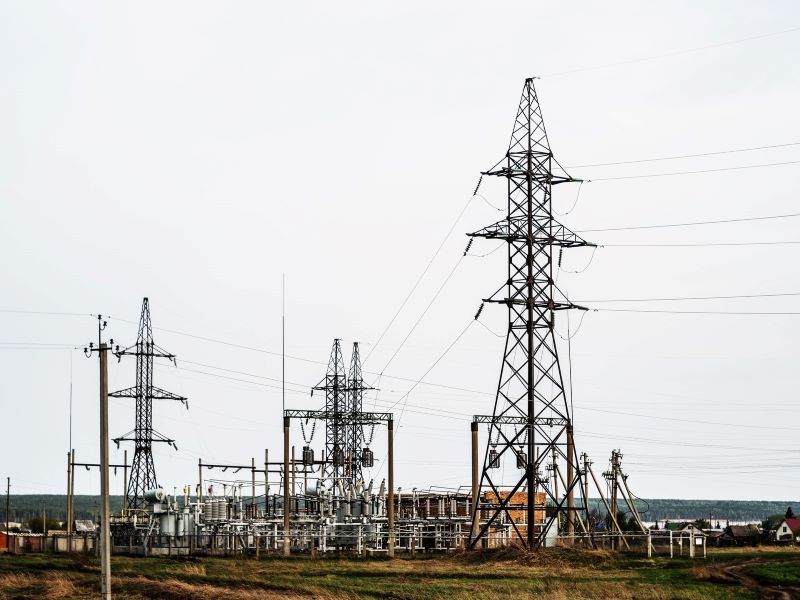
Adani Group assures Bangladesh of continued power supply from Godda plant; urges interim govt to expedite dues
New Delhi: The Adani Group has reassured Bangladesh of a continuous power supply, even though its outstanding receivables have exceeded $800 million, according to sources cited by Moneycontrol.
"The group has asked Bangladesh’s interim government to speed up the payment of dues," one of the sources told Moneycontrol. "Adani has conveyed to the Bangladeshi authorities that it is under increasing pressure from lenders to repay debt incurred in building the power plant and expressed hope that the payments, along with accrued interest from the delay, will be settled soon."
Adani Power’s 1,600 MW Godda plant in Jharkhand holds a full supply contract with the Bangladesh Power Development Board (BPDB), the country’s power distribution utility, with monthly bills ranging from $90 to $100 million.
The company entered into a 25-year power purchase agreement (PPA) with the BPDB in November 2017, under the government of the now-ousted Sheikh Hasina, to supply 1,496 megawatts (MW), which represents about 10 percent of Bangladesh's peak power demand.
With a total project cost of $2 billion, the Godda power project is India's first transnational power project, with 100 percent of its generated power supplied to another country.
The plant began generating electricity in June 2023 and has been supplying power to Bangladesh since then.
As of June 30, Adani Power’s net debt decreased to Rs 25,653 crore from Rs 26,545 crore on March 31.
The finance cost for the quarter ending June 30 declined to Rs 811 crore, compared to Rs 883 crore in the previous year.
However, Adani Power's net profit fell by 55.33 percent, or Rs 4,846.63 crore, to Rs 3,912.79 crore in Q1 2024-25, down from Rs 8,759.42 crore in Q1 2023-24.
Meanwhile, the company's revenue increased by 35.89 percent, or Rs 3,950.09 crore, reaching Rs 14,955.63 crore, up from Rs 11,005.54 crore in the same quarter of the previous year.
In addition to power supply, the Adani Group also operates edible oil refineries and rice packaging facilities in Bangladesh.
The outstanding dues owed by the Bangladeshi utility, which were accumulated under the previous government, amounted to nearly $400 million, or approximately four months' worth of payments. Sawa added that the average monthly billing for the power contract with Bangladesh is around $90 million, and the payments to Adani Power are made in U.S. dollars, the Moneycontrol report said, quoting from the March quarter earnings statement of Group Head of Regulatory Engagement at Adani Power Shailesh Sawa.
Bloomberg reported on August 23 that Bangladesh's foreign exchange reserves are dwindling, with gross reserves standing at $20.5 billion as of July 31—sufficient to cover roughly three months of imports.
According to the report, the interim government is seeking additional loans from the International Monetary Fund, beyond an existing $4.7-billion program, to help manage these economic challenges.
On August 5, the Indian government implemented new regulations for electricity producers who export power, permitting them to sell in the domestic market in cases of persistent declines in offtake or payment defaults.
Support Our Journalism
We cannot do without you.. your contribution supports unbiased journalism
IBNS is not driven by any ism- not wokeism, not racism, not skewed secularism, not hyper right-wing or left liberal ideals, nor by any hardline religious beliefs or hyper nationalism. We want to serve you good old objective news, as they are. We do not judge or preach. We let people decide for themselves. We only try to present factual and well-sourced news.







